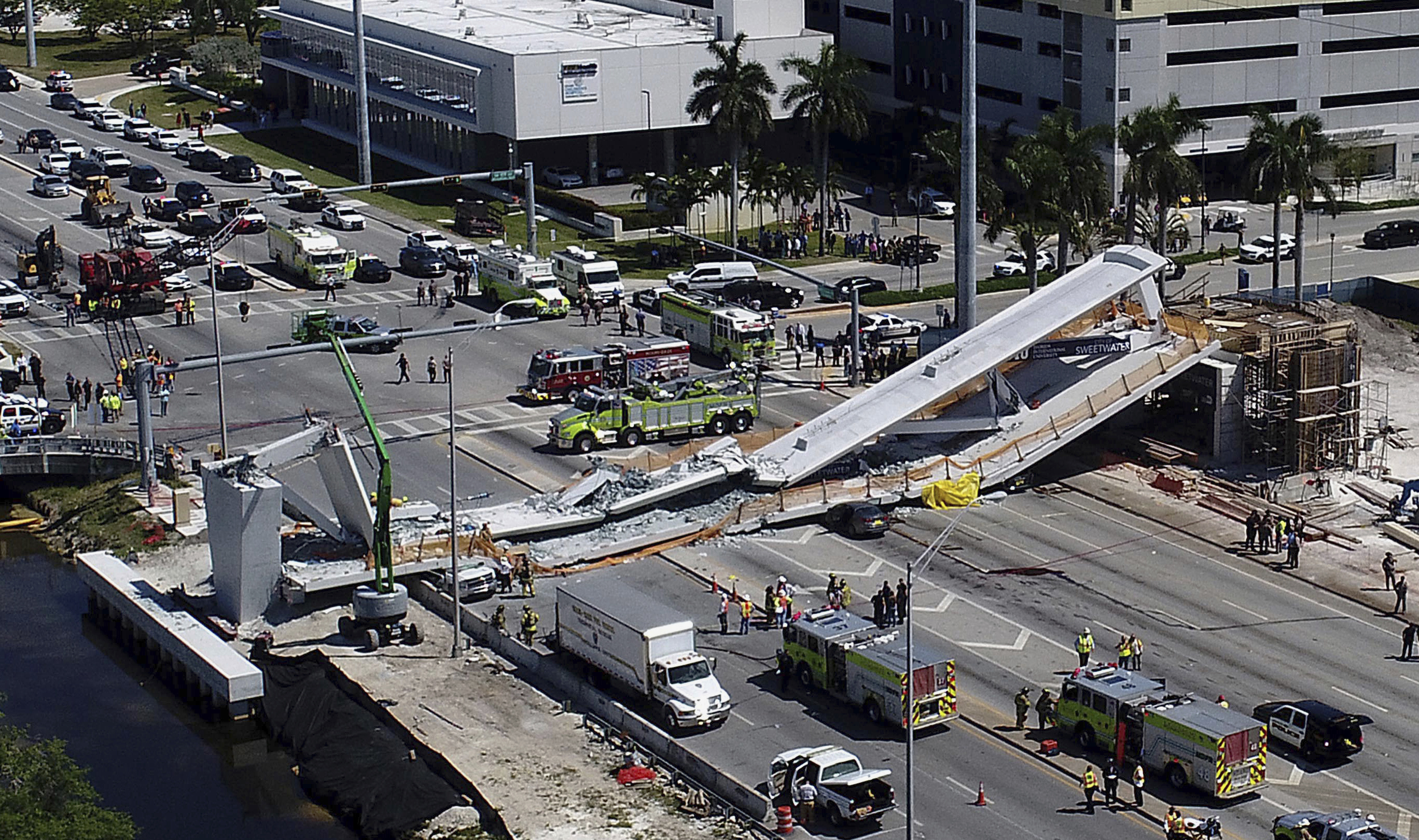
A voluntary scheme that encourages knowledge sharing and safety reporting aims to increase resilience and prevent disaster
Join other savvy professionals just like you at CIHT. We are committed to fulfilling your professional development needs throughout your career
Bridges and other highway structures are crucial parts of our transport networks, and as long as they are regularly inspected, well maintained and properly managed, they should last well beyond their intended design life. However, bridge failures are not rare occurrences. In the 21st century alone, there have been 66 reported fatal collapses resulting in 1,200 people losing their lives.
Reporting near misses and close calls is essential to help prevent such collapses, and sharing this information helps the industry forecast potential incidents and reduces the risk of failures and serious events. A new partnership between the Institution of Civil Engineers (ICE), the Bridge Owners Forum and the Infrastructure Client Group aims to do just that.
Confidence in CROSS
The UK Bridges Board advocates that Collaborative Reporting for Safer Structures, or CROSS, should receive all such reports. A voluntary scheme for safety reporting, CROSS is managed by the ICE and the Institution of Structural Engineers, and operates globally, with sister networks in North America and Australasia.
CROSS allows professionals to report precursor events, near misses and safety concerns in confidence, with each report commented on by experts and publicly shared. At the heart of CROSS is an open, collaborative and voluntary no-blame culture.
“We strongly encourage all those who plan, design, build, manage, maintain and operate bridges to confidentially submit reports on precursors to CROSS,” says Dr Hazel McDonald, chair of the UK Bridges Board and chief bridge engineer at Transport Scotland.
For bridges, precursor incidents include the unexpected failure of structural supports to bearings, joints and parapets, or cracking that reopens after repair.
“The scale and cost of maintaining our road and rail infrastructure is only going to grow in the next decade, exacerbated by ageing assets, higher usage demands and the effects of climate change,” says McDonald. “The information shared as a result of this partnership will be an important element in measuring this change and helping to create safer infrastructure and a safer transport network.”
While the UK has mandatory reporting of railway and air accidents, no mechanism exists for highways or road bridges.
A global lifesaver
CROSS already has a large number of safety reports connected to bridges that detail issues such as corrosion, quality of design and incorrectly installed tension control bolts, which could all have major structural implications.
In 2020, the organisation published a safety report on the Florida International University bridge collapse, examining the lessons that could be learned from a disaster that killed six people.
As greater pressures are put on our highway structures, this sharing of information would not only increase the strength and resilience of our structures, but also save lives.

{{item.AuthorName}} {{item.AuthorName}} says on {{item.DateFormattedString}}: